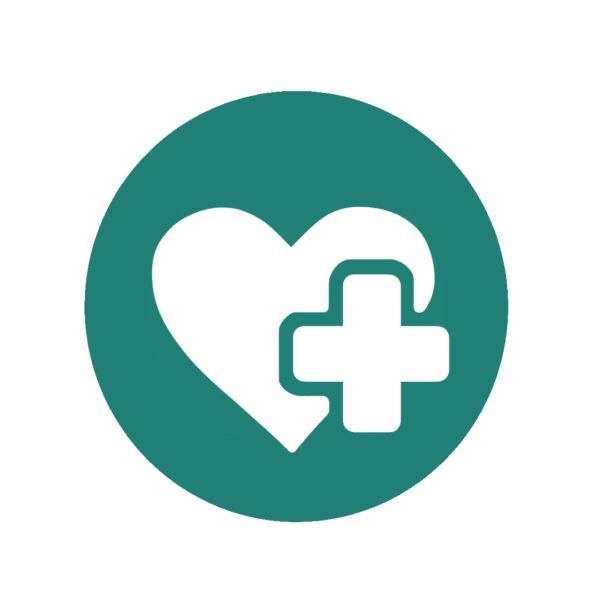What to do about postpartum depression
Mental health

With professional care and support, most women make a full recovery from postpartum depression — but it can take time.
Why you should seek treatment
Your mental health is important because if you are depressed or anxious, you are not able to care for yourself and your child.
That means that if you are diagnosed with PPD or suspect that you might have it, you need to talk to someone, find a support group of other mothers, and seek professional help immediately.
Diagnosing PPD
If you are at risk of PPD, your doctor will evaluate your mood throughout your pregnancy. After delivering your baby, both you and the people around you should watch for symptoms of depression. If you notice any symptoms, you should ask your doctor to refer you to a specialist.
These are common PPD screening tests a specialist may use to evaluate your mood:
Edinburgh Postnatal Depression Scale (EPDS): This is a list of 10 short statements, and for each one, you’ll say how often you’ve felt that way in the past 7 days. For example, one of the statements may be: “I have been anxious or worried for no good reason”, or “The thought of harming myself has occurred to me.”
2-Question Patient Health Questionnaire (PHQ-2): This is a short questionnaire for women who may have PPD. One question is: “Over the past 2 weeks, how often have you felt little interest or pleasure in doing things, or have you felt depressed or helpless?” If your answer is, “Nearly every day”, you might have PPD.
9-Question Patient Health Questionnaire (PHQ-9): This is often a follow-up to the PHQ-2 if it shows that you may be depressed. Your doctor will ask about other symptoms, like sleep, appetite changes, trouble concentrating on tasks, and low energy. The more often you have those symptoms, the more likely it is you’re depressed.
Blood tests are not usually needed in evaluating for PPD, but your doctor may also order some blood tests to check your thyroid function, as hypothyroidism can cause the same symptoms as postpartum depression.
How PPD is treated
There are 3 main types of treatment:
Self-help: This includes talking to family, friends, and especially other mothers who go, or have gone through, the same experiences.
Psychotherapy: This is administered by a mental health professional who specializes in treating PPD. It would include cognitive behavioral therapy (CBT) where your therapist helps you to identify and change thought patterns and behaviors that are harmful to your mental health.
Medications: Antidepressants may be recommended if your depression is severe or other treatments have not helped. If you’re breastfeeding, your doctor would prescribe a medicine that’s safe to take while breastfeeding.
Treating depression while breastfeeding
If your PPD care requires the use of antidepressants, your doctor knows what to do. There are antidepressants that do not pass into the breastmilk and, as such, would not affect your baby. Be rest assured that your doctor will offer you the most suitable treatment.
Whether you breastfeed or not, if you have PPD or heavy mood swings that disrupts your life and how you care for your baby, seek help immediately. Tell your partner, try to find support groups for mothers, and seek professional help. With help, you can prevent a worsening of these symptoms and can recover.
Thank you note
This article about treating postpartum depression was made in collaboration and with the support of the Pranaiya & Arthur Magoffin Foundation — Better Well-Being for Parent & Baby.
Verified:
Dr. Ketsupa Jirakarn (Mental health specialist) (1 August 2022)
Sources:
- Understanding Postpartum Depression -- Diagnosis and Treatment, WebMD
- Treating Depression While Breastfeeding, WebMD
- Treatment - Postnatal depression, NHS
- Postpartum Depression & Breastfeeding, Healthychildren.org
- Treatment of postpartum depression: clinical, psychological and pharmacological options, National Library of Medicine



